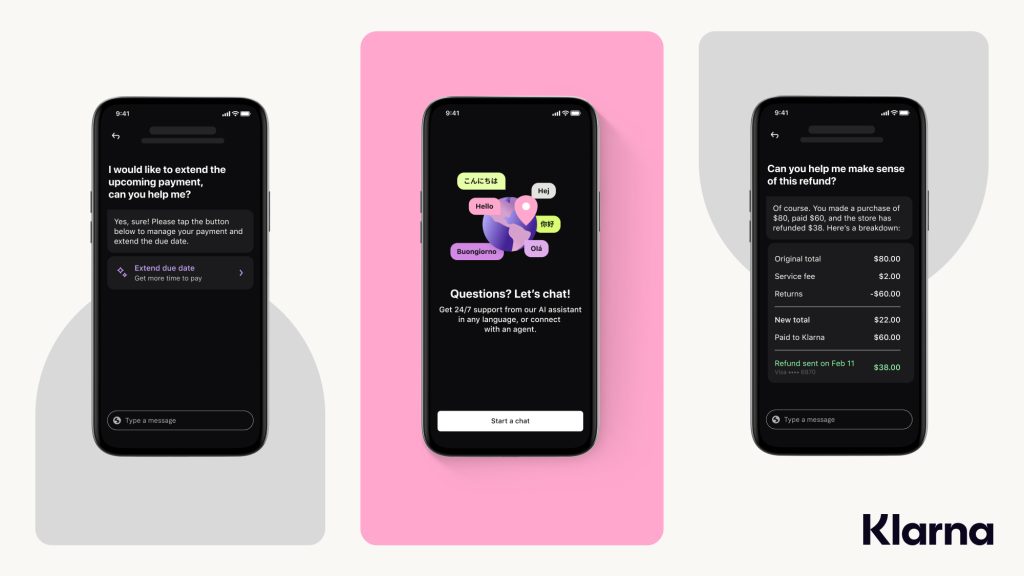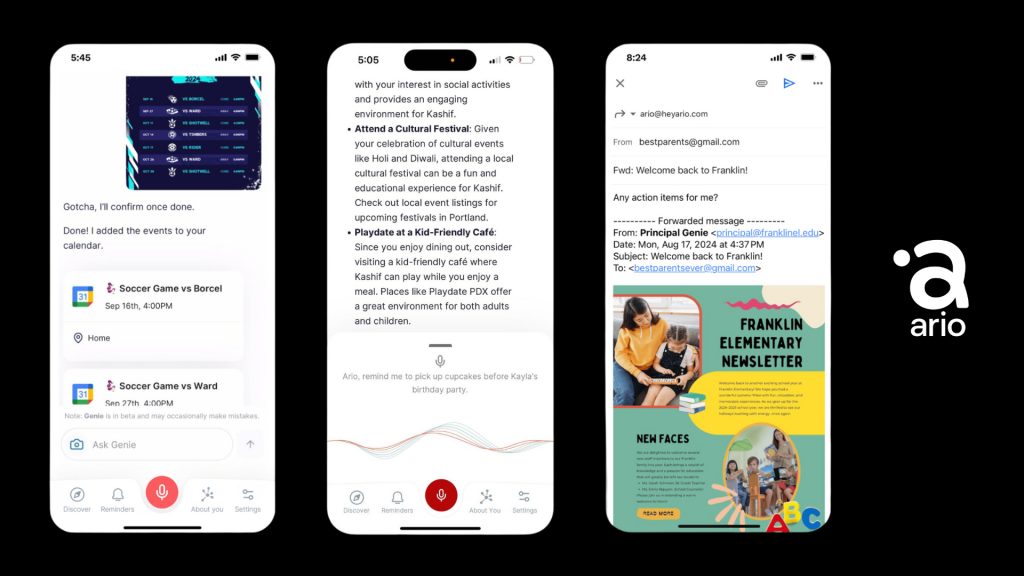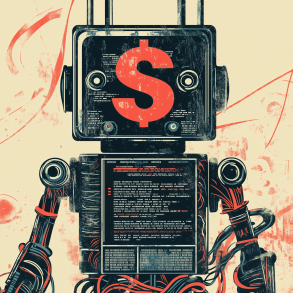As artificial intelligence continues to evolve, “agents” has become a major buzzword around the startups that are seeking to find practical applications for the technology and find a return on investment – but what does this broad category speak to, and what kinds of businesses should be thinking about them?
OpenAI leaders Sam Altman and Greg Brockman recently noted,
Users will increasingly interact with systems – composed of many multimodal models plus tools – which can take actions on their behalf, rather than talking to a single model.”
This highlights the rising prominence of AI agents, systems capable of acting autonomously to achieve loosely defined goals.
An example of an AI agent is a system that autonomously books airfare for you by reviewing your email or calendar, remembering your travel preferences, researching and selecting flights, retrieving payment information, and using booking systems to purchase tickets. AI agents are generating significant excitement, marking a pivotal moment in AI development. Andrew Ng emphasized, “AI agent workflows will drive massive AI progress this year—perhaps even more than the next generation of foundation models.” Andrej Karpathy added, “It’s very obvious that AGI will take the form of some kind of AI agent.”
Technological Foundations of AI Agents
The concept of AI agents does not originate from a single breakthrough but is the result of numerous interrelated advances over the past two years, enhancing the autonomous capabilities of AI systems. For instance, the 2022 Google Brain paper introduced “chain-of-thought prompting,” enabling LLMs to break complex problems into smaller steps. Subsequent research efforts like ReAct and Toolformer further expanded these capabilities by integrating LLMs with external applications, allowing AI to browse the internet, send emails, and more.
Multi-Agent Architectures
Multi-agent architectures, where multiple AI agents work together, have shown remarkable promise. For example, the open-source ChatDev system uses a group of AI agents to build software programs, each assuming specific roles such as CEO, CTO, or programmer. This approach leverages specialization and modularization, enhancing the performance of AI systems. The first widely used framework for multi-agent orchestration was Microsoft’s AutoGen, followed by MetaGPT and Langchain’s LangGraph.
Startup Opportunities in AI Agents
The potential of agentic AI applications is immense, with significant opportunities for startups. While some focus on building the underlying tools and platforms (infrastructure), the most exciting opportunities lie at the application layer. Fully horizontal, general-purpose agents are not yet reliable; thus, startups are focusing on specific end markets or verticals where structured, repeatable activities are prevalent.
Customer Support
Customer support is a prime area for AI agents. For example, Klarna deployed an AI assistant to automate customer service engagements, handling two-thirds of all customer requests and driving an estimated $40 million in added profit. Startups like Sierra, Decagon, and Maven AGI are also making significant strides in this sector. Sierra’s agents respond to customer queries, retrieve necessary information, and take action to satisfy requests.

Regulatory Compliance
Regulatory compliance is another promising area for AI agents. Norm Ai, for instance, automates compliance workflows by reviewing a company’s operations and ensuring adherence to regulations. Greenlite AI focuses on AML/KYC operations, using agents to conduct routine investigations. Will Lawrence, CEO of Greenlite, noted, “Using Greenlite means swapping out an outsourced worker with our AI, bringing tremendous advantages in cost, speed, accuracy, and transparency.”
Data Science
In data science, startups like Delphina automate the data science lifecycle, handling tasks from problem framing to model monitoring. Delphina’s cofounders stated, “Delphina’s agents can be thought of as junior data scientists, taking care of routine elements of workflows.”
Personal Assistants
AI-powered personal assistants are also gaining traction. Mindy, for example, acts as a personal Chief of Staff, scheduling meetings, shopping online, and conducting market research. Another startup, Ario, helps manage family calendars, coordinate Amazon returns, and plan vacations. Mindy’s agents operate within email, providing asynchronous support, while Ario integrates data from various applications to offer personalized assistance.

Looking Forward
These examples illustrate the transformative potential of AI agents across various sectors. As AI technology advances, the range of activities that can be handed off to agents will expand, impacting fields from software engineering to healthcare management. AI agents represent a significant shift in artificial intelligence, promising to become integral to daily interactions.









